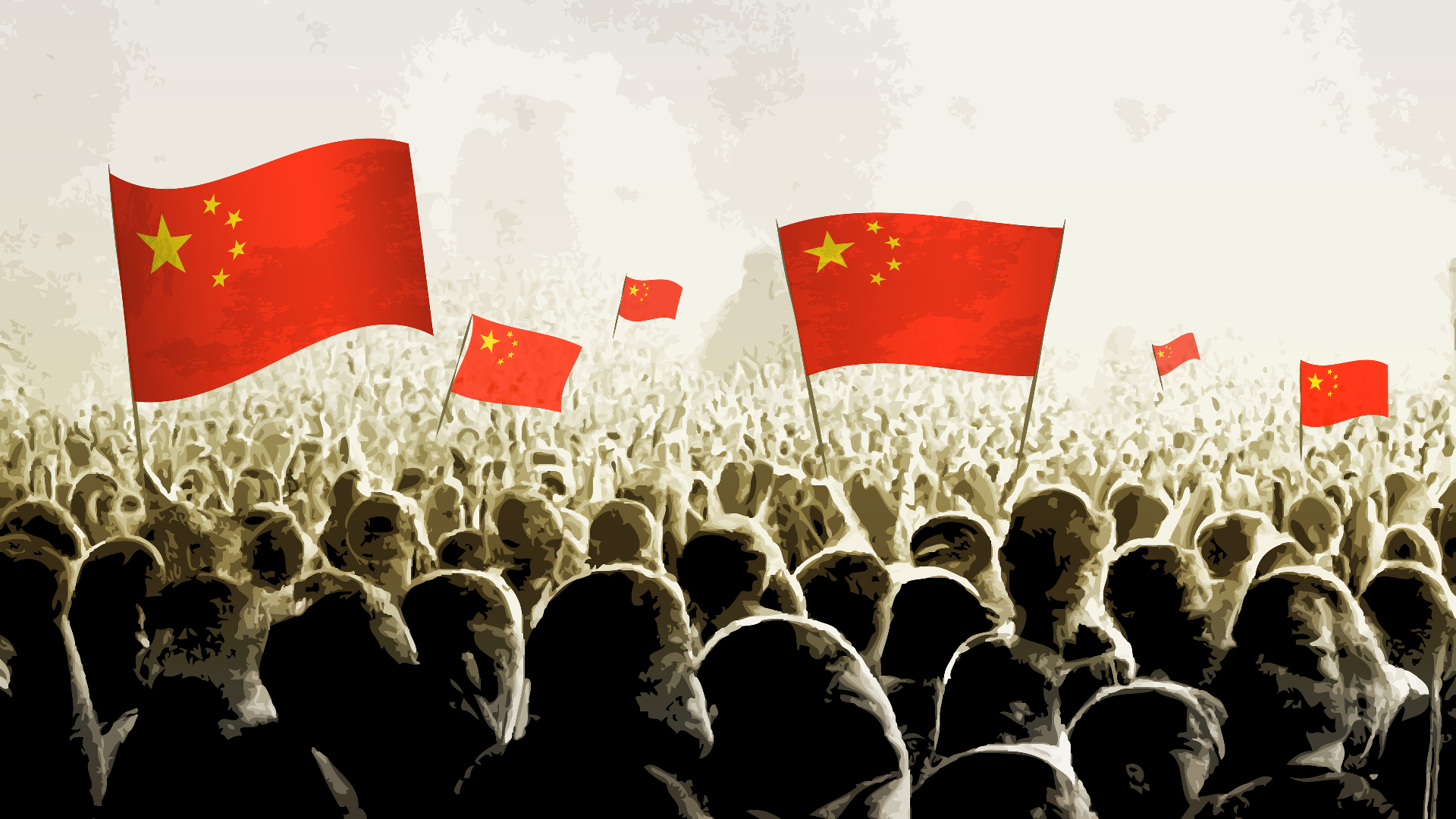At present, whenever the world’s attention is not on the controversial Qatar World Cup, it is firmly on what is happening in China. The authoritarian, communist regime, ruled with an iron fist by Xi Jinping for the past decade, is seeing protests on a scale not seen in generations.
Protests against China’s draconian zero-Covid policy have been ongoing since mid-November, but their scale increased dramatically in the aftermath of a deadly fire in Ürümqi on November 24.
The blaze occurred in a residential high-rise and claimed the lives of 10 people. The efforts to tackle the fire and evacuate residents were hampered by Covid restrictions. Fire engines couldn’t access the building by fences and bollards set up for crowd control and contact tracing as part of China’s zero-Covid policy. To put it into perspective, many regions of China still force residents to stay in their homes, only allowing them to leave once a day to purchase necessities.
While the protests initially formed in opposition to the regime’s Covid policies, they have since come to encompass a broader range of issues. Many people in China are losing patience with Xi Jinping’s authoritarian regime amid economic slowdown, stringent internet censorship, and persecution of anyone who dares to dissent.
Across China, thousands of people are taking to the streets and demanding an end to draconian lockdown measures as well as broader liberalization, despite facing severe persecution from the state. To circumvent strict censorship, some protesters even resorted to chanting pro-lockdown and pro-government slogans in jest.
CCP totalitarianism at home and abroad
The Chinese communist regime has a long history of seeking to control ever more aspects of citizens’ lives, but this totalitarian system of monitoring and cracking down on dissent is not bound by borders.
Indeed, the Chinese state likes to keep close tabs on its citizens abroad. To this end, Chinese expats are strongly encouraged to report on each other if they express any sort of disloyalty to the state or engage in any activities that could be deemed problematic by the Chinese Communist Party (CCP).
During the recent protests, events such as vigils have been held throughout the world in solidarity with people in China. However, in many cases, Chinese citizens living abroad have received intimidating messages from their embassies, warning them not to attend these events.
The CCP’s network of informants ensures that citizens can face serious repercussions for voicing their opinions or exercising freedom of association while abroad, but it also shows how seriously the regime takes the prospect of growing dissent.
Challenging times for authoritarian regimes
The past year has been a challenging one for a number of authoritarian regimes. The Russian invasion of Ukraine has certainly not gone according to plan, exposing many weaknesses. It is now apparent that Vladimir Putin, who holds supreme power in Russia, is delusional and nowhere near as tactically astute as he is often given credit for.
Similarly to China, Iran is in the midst of significant protests. The Islamic Republic is losing hearts and minds as people across the country take a stand against the theocratic and tyrannical rule of the Ayatollah, Iran’s Supreme Leader. While the regime continues to cling to power, the country is in economic turmoil and a pariah on the world stage.
China made significant economic progress following the reforms spearheaded by Deng Xiaoping. The CCP took steps to allow the country’s governance to become less autocratic. However, China has returned to a markedly more autocratic system of governance under Xi Jinping.
Over the past decade, authoritarian regimes have increasingly attempted to portray their highly centralized, technocratic, and fundamentally illiberal styles of governance as genuine and even preferable alternatives to liberal democracy. However, recent events have highlighted how cracks can quickly appear even in those regimes that appear extremely robust.
Governments of countries like China are worried because they know they ultimately depend on a certain level of public cooperation. This is predicated on the arrangement that citizens accept authoritarian rule in exchange for their basic needs being met and a gradual increase in prosperity. But when the state cannot hold up its end of the bargain, people will grow frustrated, and apathy will subside, and that is exactly what is happening in China.
Ultimately, no authoritarian country has ever been able to offer as attractive a proposition as liberal democracies. How do we know this? People vote with their feet. The flow of migrants is overwhelmingly from less free societies to more free ones.
The Chinese communist regime may prevail in its aggressive repression of the current protests, but its entire model will prove to be unsustainable sooner or later.
For more content on related issues, be sure to check out our Free Society video playlist by clicking on the button below.
This piece solely expresses the opinion of the author and not necessarily the organization as a whole. Students For Liberty is committed to facilitating a broad dialogue for liberty, representing a variety of opinions.



